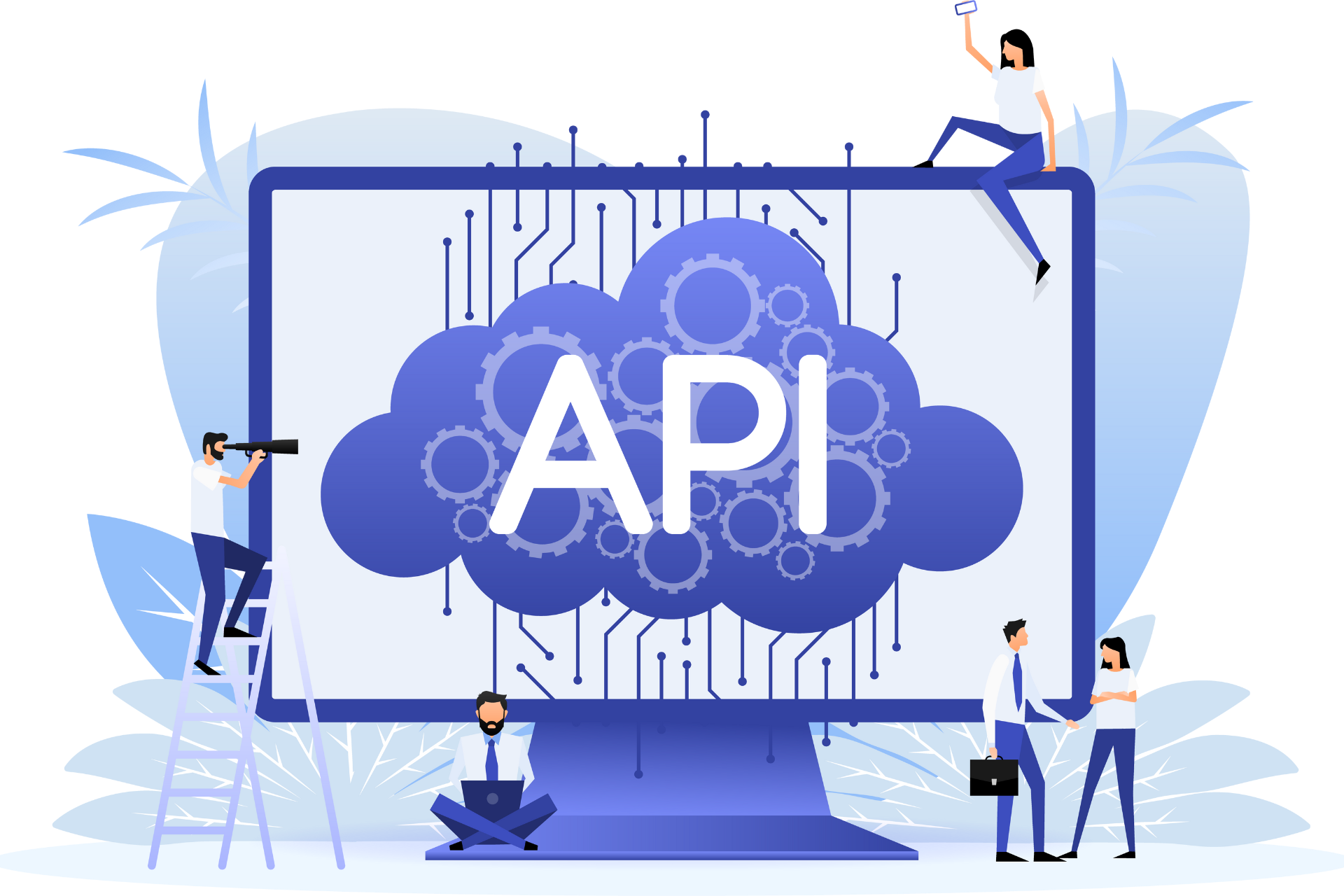
AI-UniBot: Automation without Developer
We have trained AI-UniBot, our Personal Assistant & Corporate Chatbot, to create new automation or integration scenarios without involving Developers. With this purpose, we implemented support for OpenAPI plugins – a tool that allows Artificial Intelligence to automatically interact with existing business app APIs described according to the OpenAPI standard. Therefore, our Customers can independently develop AI-UniBot's capabilities using both software (in any programming language) and low-code platforms such as Azure Logic Apps. This way, the bot can be adapted to specific business processes without the IT department’s deep involvement.
The OpenAPI technology is a unified standard for describing the structures and capabilities of REST APIs, which defines what operations, data, and parameters a service offers. Created as a readable JSON or YAML document, the OpenAPI description enables both People and systems to immediately understand what actions can be performed through the API, what fields are needed for a request, and what results to expect. Such universal representation makes OpenAPI a convenient bridge between corporate systems and intelligent agents. For AI-UniBot, this means the ability to connect to any API that complies with this standard, regardless of the programming language or system architecture.
This works as follows: implementing a new feature in AI-UniBot is pretty simple for an Administrator or Developer. Creating a plugin can be done through the bot's administrative module: the Administrator adds a JSON file with the OpenAPI description, configures the basic parameters, and decides which AI agents in the Organization to connect to. After this, the plugin is available in the usual bot interface: when an Employee requests, for example, a financial report or request status, the agent automatically connects the created plugin and forms the appropriate request to the system via the API. The response provides the User with structured and up-to-date information. Thus, AI-UniBot can work with almost any internal or external IT system that supports OpenAPI. Meanwhile, the entire setup cycle is maximally short and controlled at the administration level.
In practice, it looks like this: in a Company with lots of work-related travels, Employees often need to know the status of expense claims or get information about budget approval. Before implementing plugins, this meant back-and-forth emailing or personal communication with the Finance department. Now, having the corporate financial system and the OpenAPI service connected, only one request to AI-UniBot is enough for the Employee to instantly receive the necessary information in the chat.
Another typical case is the integration of AI-UniBot with the HR system. Firstly, for quick responses about vacations, sick leaves, or remaining vacation days. In large Companies, such questions often overload the HR department, delaying simple queries. But with the relevant OpenAPI plugin connection, an Employee can ask the bot about remaining vacation days or application statuses and receive an immediate, accurate response. This way, neither the Employee nor the HR specialist wastes their working time.
There is also an example of a Manufacturing Enterprise that needed quick interaction between several IT systems controlling procurement and warehouse stocks. During routine operations, such as clarifying material availability or delivery status, Employees used to contact the IT department or use specialized accounting systems. After connecting the procurement system via OpenAPI and integrating it into AI-UniBot, each User can check warehouse items availability or get the transaction history on their own. This is possible after setting up appropriate User permissions, and all within the corporate messenger interface.
In short, supporting OpenAPI plugins in the AI-UniBot Personal Assistant & Corporate Chatbot turns it into an open platform for interacting with any internal/external services and automating business processes. The functionality and integrations’ development is controlled by the Customer. Access to data and services becomes fast, convenient, and fully managed through the familiar corporate chatbot interface. Thus, the workload on Employees is significantly reduced, data exchange is accelerated, and automation scaling becomes possible without changes to the basic IT ecosystem architecture.
 ENG
ENG
 ÓÊÐ
ÓÊÐ
 ÐÓÑ
ÐÓÑ